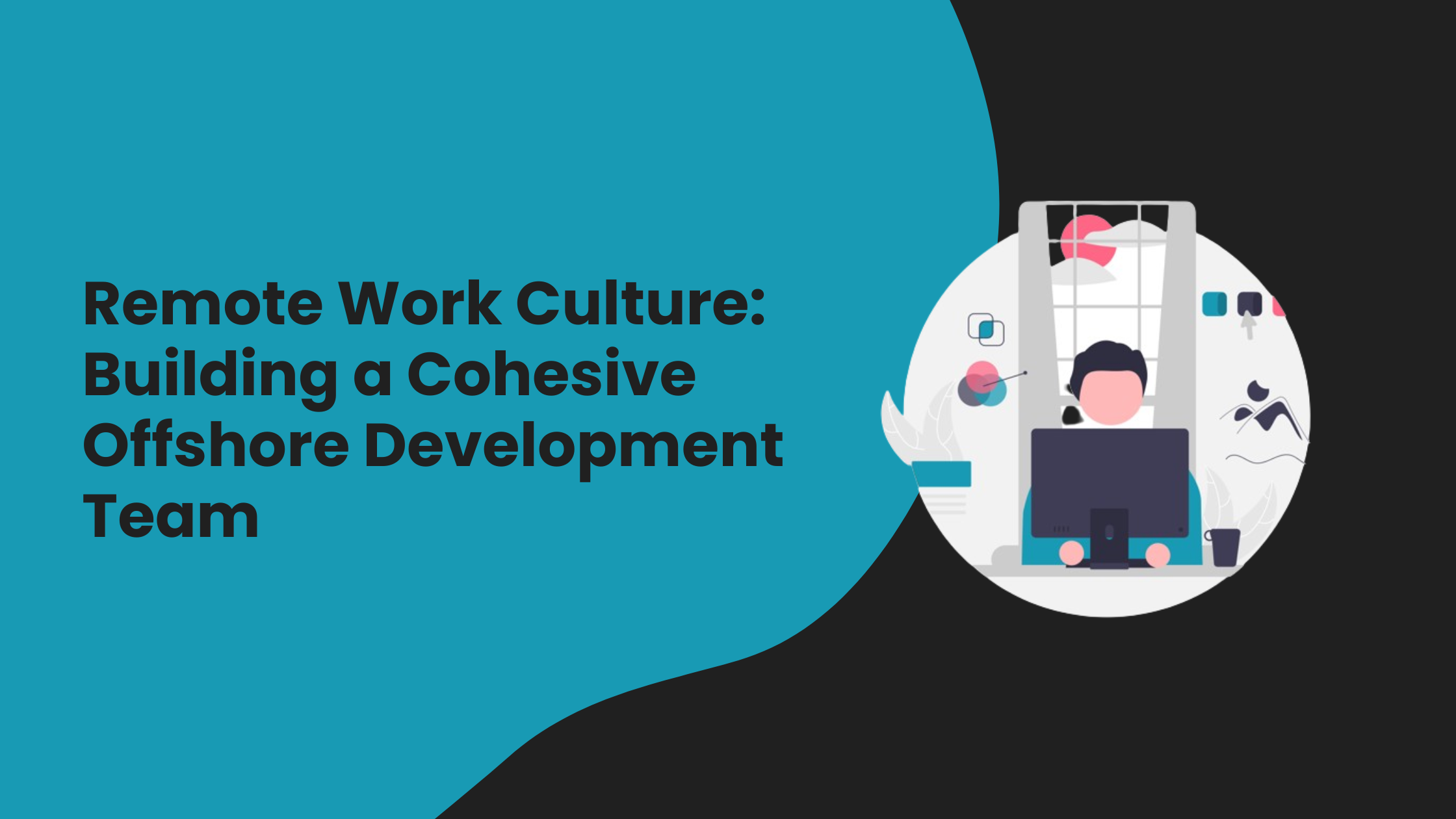Analyze how the software industry has adapted to remote work after the COVID-19 pandemic and what the future holds.
The COVID-19 pandemic ushered in an era of rapid transformation across industries, including offshore software development. With remote work becoming the norm rather than the exception, the software industry has adapted in remarkable ways. In this blog, we will analyze how the software industry has adapted to remote work post-pandemic and explore the future of remote work in offshore software development.
1. Remote Work Adaptations:
The pandemic forced offshore software development companies to quickly adapt to remote work. Teams transitioned to virtual work environments, and companies invested in robust collaboration tools and platforms to facilitate communication and project management.
2. Productivity and Efficiency:
Contrary to initial concerns about productivity, many software development teams experienced increased efficiency and reduced overhead costs. Developers found the flexibility of remote work allowed them to focus and work in their preferred environments.
3. Global Talent Pool:
One of the most significant advantages of remote work is the ability to tap into a global talent pool. Companies are no longer restricted to local talent and can access skilled professionals from anywhere in the world.
4. Cost Savings:
Reducing office space, utility costs, and commute expenses has resulted in significant cost savings for companies. This surplus can be reinvested in employee training, equipment upgrades, and innovation.
5. Work-Life Balance:
Remote work has improved work-life balance for many developers. The ability to tailor work hours to individual preferences has reduced stress and improved overall well-being.
6. Enhanced Flexibility:
The flexibility of remote work enables companies to offer more diverse employment options, such as part-time, freelance, and contract work arrangements, allowing for dynamic and scalable workforce solutions.
7. Challenges Overcome:
Overcoming challenges in remote work, such as communication barriers and maintaining team morale, was a steep learning curve for the industry. Many companies successfully adopted strategies to address these concerns.
8. The Future of Remote Work:
As the software industry moves forward, the future of remote work in offshore development looks promising. Here are some insights into what the future holds:
a. Hybrid Models: A hybrid model, combining remote and on-site work, is expected to become more common. This approach allows for flexibility while maintaining essential face-to-face interactions.
b. Emphasis on Cybersecurity: With remote work, the importance of cybersecurity has grown. Companies are investing more in data protection, secure access, and employee training to safeguard sensitive information.
c. Increased Collaboration Tools: The reliance on collaboration tools, project management software, and communication platforms is set to expand further, enhancing remote collaboration capabilities.
d. Diverse Talent Acquisition: Offshore development companies will continue to leverage global talent, offering diverse employment arrangements that meet the needs of both companies and developers.
e. Support for Mental Health and Well-being: Companies will prioritize employee well-being, offering support and resources to help remote team members manage their mental health and maintain a healthy work-life balance.
f. Focus on Results, Not Location: The shift towards results-oriented work will take precedence over location. Companies will focus on achieving project goals rather than tracking hours spent in an office.
In conclusion, the post-pandemic era has reshaped the landscape of offshore software development, elevating the role of remote work to the forefront. As the software industry adapts and embraces the flexibility and efficiency of remote work, it is set to reap the benefits of a global talent pool, cost savings, and enhanced work-life balance. By investing in the right tools, cybersecurity measures, and employee well-being, the future of remote work in offshore software development looks bright, promising greater success and innovation in the years to come.




